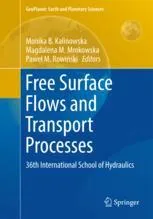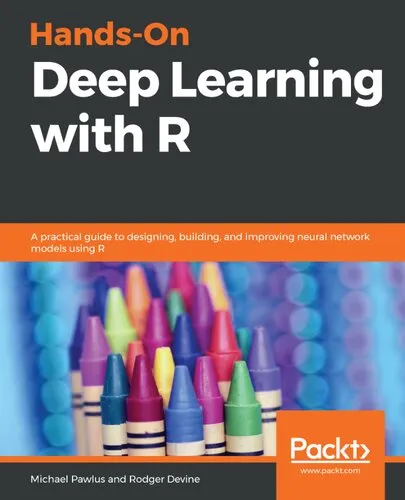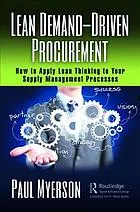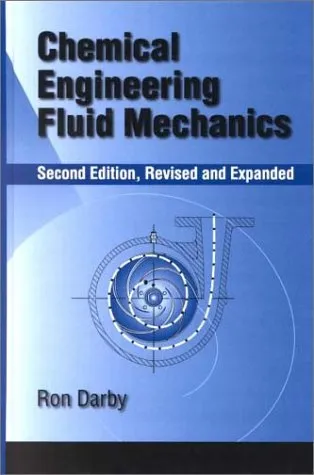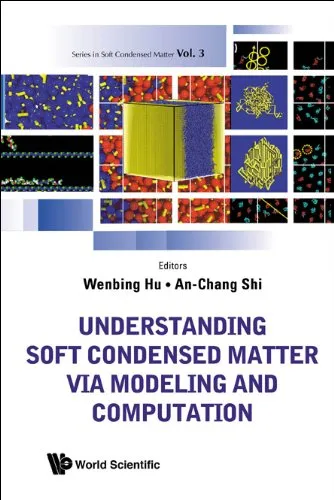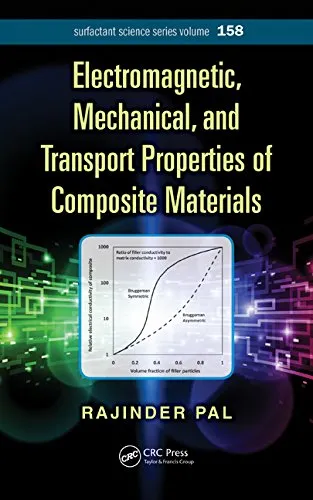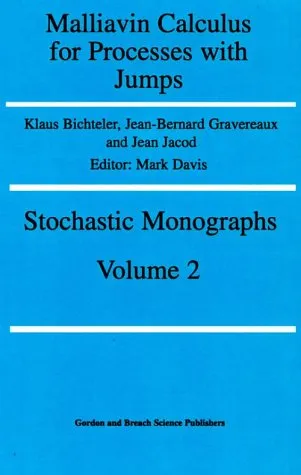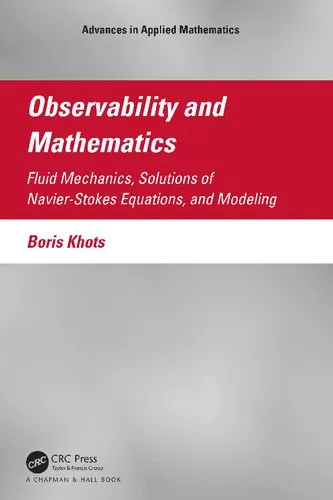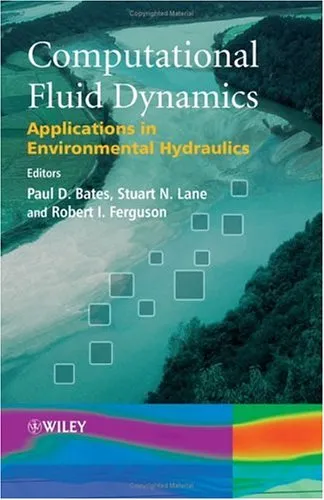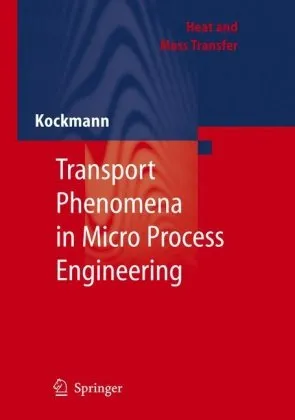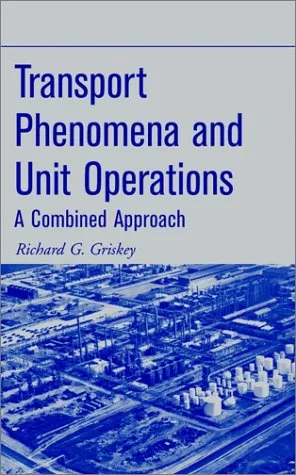Free Surface Flows and Transport Processes: 36th International School of Hydraulics
4.5
Reviews from our users

You Can Ask your questions from this book's AI after Login
Each download or ask from book AI costs 2 points. To earn more free points, please visit the Points Guide Page and complete some valuable actions.Related Refrences:
Introduction to "Free Surface Flows and Transport Processes: 36th International School of Hydraulics"
The book "Free Surface Flows and Transport Processes" is a scientific compendium derived from the 36th International School of Hydraulics, dedicated to addressing cutting-edge research and developments in hydrodynamics, free surface flows, and related transport processes in natural and engineered environments. Edited by Monika B. Kalinowska, Magdalena Maria Mrokowska, and Paweł Mariusz Rowiński, this book gathers a rich collection of peer-reviewed contributions from leading experts, researchers, and academics in the field. Through its multidisciplinary approach, the book bridges theory and practical applications, providing insight into diverse challenges and advancements in hydraulic engineering, fluid mechanics, and environmental sciences.
With a focus on free surface phenomena, the volume explores important topics such as open channel flows, sediment transport, water quality dynamics, and numerical modeling techniques. The book serves as a vital resource for researchers, professionals, and students aiming to deepen their understanding of hydraulic processes that influence ecosystems, landscapes, and urban environments alike.
Detailed Summary of the Book
The book is meticulously structured to cover a broad spectrum of topics related to free surface flows and transport processes. Each chapter presents an in-depth exploration of a specific aspect of hydraulics, supported by rigorous methodologies, comprehensive analysis, and real-world applications. The contributions bring forward both experimental and numerical studies, making it a balanced reference for those working in academia, industry, and policymaking.
Some core topics include:
- Advances in modeling and simulation of free surface flows.
- Techniques for analyzing sediment transport under varying hydraulic conditions.
- Environmental impacts of free surface flows on ecosystems and habitats.
- Case studies on flood risk management and mitigation strategies.
- Water quality monitoring and pollutant transport modeling in rivers and lakes.
The book also emphasizes integrating theoretical advances with practical implementations. By reporting on innovative methods and applications, it highlights the interplay between physical processes and the tools used to simulate, predict, and control them.
Key Takeaways
Readers of this book will gain:
- A profound understanding of free surface flow mechanisms and their influence on natural and human-designed systems.
- Familiarity with cutting-edge methods used for numerical and experimental analysis of hydraulic phenomena.
- Insights into sustainable management practices for water resources and aquatic environments.
- Comprehensive case studies demonstrating the practical relevance of free surface flow research.
- An appreciation for interdisciplinary collaboration in addressing global water challenges.
Famous Quotes from the Book
"The behavior of free surface flows remains one of the most fascinating challenges in hydrodynamics due to its complexity and critical role in both engineering and environmental domains."
"Advances in modeling tools have enabled us to better predict and mitigate the impacts of natural hazards, such as floods, which affect millions of lives globally."
"Our responsibility as researchers in hydraulics extends beyond theoretical advances; we must strive to contribute to sustainable solutions for the world's water-related challenges."
Why This Book Matters
The relevance of "Free Surface Flows and Transport Processes" extends beyond academic circles. The book addresses pertinent global challenges such as climate change, water resource scarcity, and disaster risk mitigation. Its chapters collectively underscore the importance of understanding hydraulic processes, as they are intricately linked to human welfare and environmental health.
By combining theoretical studies with applied research, the book fosters innovation in hydraulic engineering and lends invaluable guidance to policymakers and industry practitioners involved in water management projects. Moreover, its comprehensive treatment of free surface flows, enriched by real-world examples, makes it a cornerstone resource for students and educators aiming to advance their knowledge of fluid dynamics and transport processes.
In an era when water-related challenges are taking center stage, this book is a testament to the critical role of hydraulics in ensuring a sustainable future for our planet.
Free Direct Download
You Can Download this book after Login
Accessing books through legal platforms and public libraries not only supports the rights of authors and publishers but also contributes to the sustainability of reading culture. Before downloading, please take a moment to consider these options.
Find this book on other platforms:
WorldCat helps you find books in libraries worldwide.
See ratings, reviews, and discussions on Goodreads.
Find and buy rare or used books on AbeBooks.
1189
بازدید4.5
امتیاز0
نظر98%
رضایتReviews:
4.5
Based on 0 users review
Questions & Answers
Ask questions about this book or help others by answering
No questions yet. Be the first to ask!
